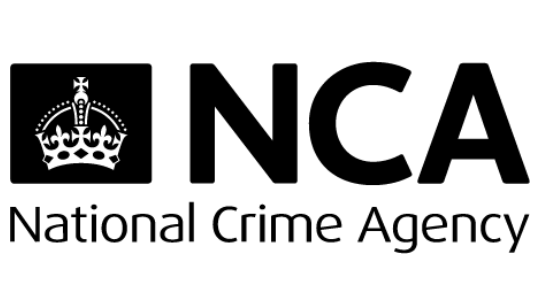A perception of their ‘moral goodness’ is leading to a lack of action within charities to tackle unethical behaviour, including corruption and sexual abuse, research is warning.
It warns that an ‘NGO halo’ is in place across many charities leading their leaders to prioritise their charitable ethos over acting against poor behaviour.
While the presence of “the NGO halo effect is not inherently problematic” states the research, it found evidence of it “in the majority of cases of unethical behaviour” it looked at.
Through analysis of 34 interviews with charity staff, 151 unique cases and 17 different types of unethical behaviour were identified. More than nine in ten of these cases were “related to the NGO halo effect”, the research found.
In more than one in five cases unethical behaviour was explained by charity staff through an “ends justify the means mentality”.
Racism, child abuse, sexual harassment, bullying, financial mismanagement, corruption, poor management of conflicts of interest and fraud where among types of unethical behaviour where the ‘halo effect’ was involved.
One respondent said that during a seven-year career with a charity they “encountered racism, sexism, intimidation, sexual and other transgressive behaviour, lying, slander, nepotism, and not addressing unethical behaviour even though you see it”.
In one in four cases “moral superiority” was prioritised over “legal or social norms”. In more than two in five cases “moral naivety” was found.
“An internal perception of moral goodness” within charities can drive its staff to “glorify this morality” and prioritise this perception of “moral goodness above other internal and external considerations,” states the research paper by Isabel de Bruin for her doctorate from the Erasmus University Rotterdam.
Her research adds that the ‘halo effect’ can “contribute to ethical blind spots within the organization that may enable unethical behaviours to arise or be used to justify or defend them when they do”.
She advises charities to be “aware of the ways in which perceptions of their mission, knowledge of what is right and moral, and people both internally and externally can be both assets and liabilities and seek to develop not only policies and procedures but also an organisational climate that truly promotes the ethics and values that they seek to embody”.
She adds: “This dissertation's findings emphasizes that the same organisational characteristics contributing to NGOs’ moral perception can also explain their susceptibility to ethical lapses.”
Latest News
-
Civil Society Covenant blighted by delays and U-turns, report warns
-
More than 30 jobs at risk as hospice charity looks to close home care service
-
Cranfield Trust: A guide for charity leaders on navigating local authority devolution
-
Friday funding roundup - 20 February
-
Former youth charity chief to lead corporate social responsibility organisation
-
Christian charity’s failed bid to buy a new church breached fundraising code
Charity Times video Q&A: In conversation with Hilda Hayo, CEO of Dementia UK
Charity Times editor, Lauren Weymouth, is joined by Dementia UK CEO, Hilda Hayo to discuss why the charity receives such high workplace satisfaction results, what a positive working culture looks like and the importance of lived experience among staff. The pair talk about challenges facing the charity, the impact felt by the pandemic and how it's striving to overcome obstacles and continue to be a highly impactful organisation for anybody affected by dementia.
Charity Times Awards 2023
Mitigating risk and reducing claims

The cost-of-living crisis is impacting charities in a number of ways, including the risks they take. Endsleigh Insurance’s* senior risk management consultant Scott Crichton joins Charity Times to discuss the ramifications of prioritising certain types of risk over others, the financial implications risk can have if not managed properly, and tips for charities to help manage those risks.
* Coming soon… Howden, the new name for Endsleigh.
* Coming soon… Howden, the new name for Endsleigh.
Better Society

© 2021 Perspective Publishing Privacy & Cookies














Recent Stories